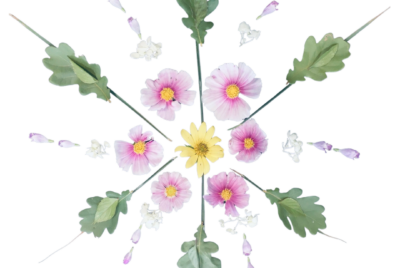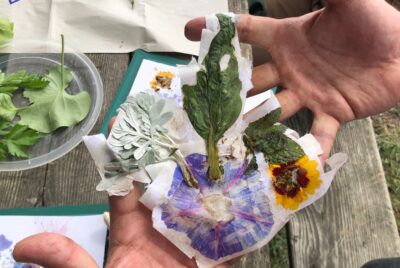RESEARCH
AHTA JOURNAL OF THERAPEUTIC HORTICULTURE
Summary
This journal sought to explore why and how people began bonsai, whether it provided therapeutic qualities, and the experiences of caring for bonsai among amateur and professional growers. The researcher, who had been growing bonsai for eight years and experienced therapeutic benefits, was motivated to conduct the study based on observations and discussions with fellow bonsai society members, noting the common experience of bonsai as a form of therapy for stress. A survey was chosen as the method to capture stories from the worldwide bonsai community.
The survey instrument was constructed using Qualtrics online software and employed convenience/opportunistic sampling. Contacts for 254 bonsai clubs, societies, and groups in the UK, USA, Canada, South America, Australia, and New Zealand were reached out to. A total of 161 amateur bonsai artists and 11 professional bonsai artists participated. The survey included demographic questions about age, country, and years in bonsai, as well as six open-ended questions asking participants about how and why they started bonsai, their experiences with successes and failures, their opinion on bonsai as a form of therapy, and what they had personally gained from the practice. Participants provided consent by completing the survey. The data from the open-ended questions was analyzed using thematic analysis to identify key findings.







